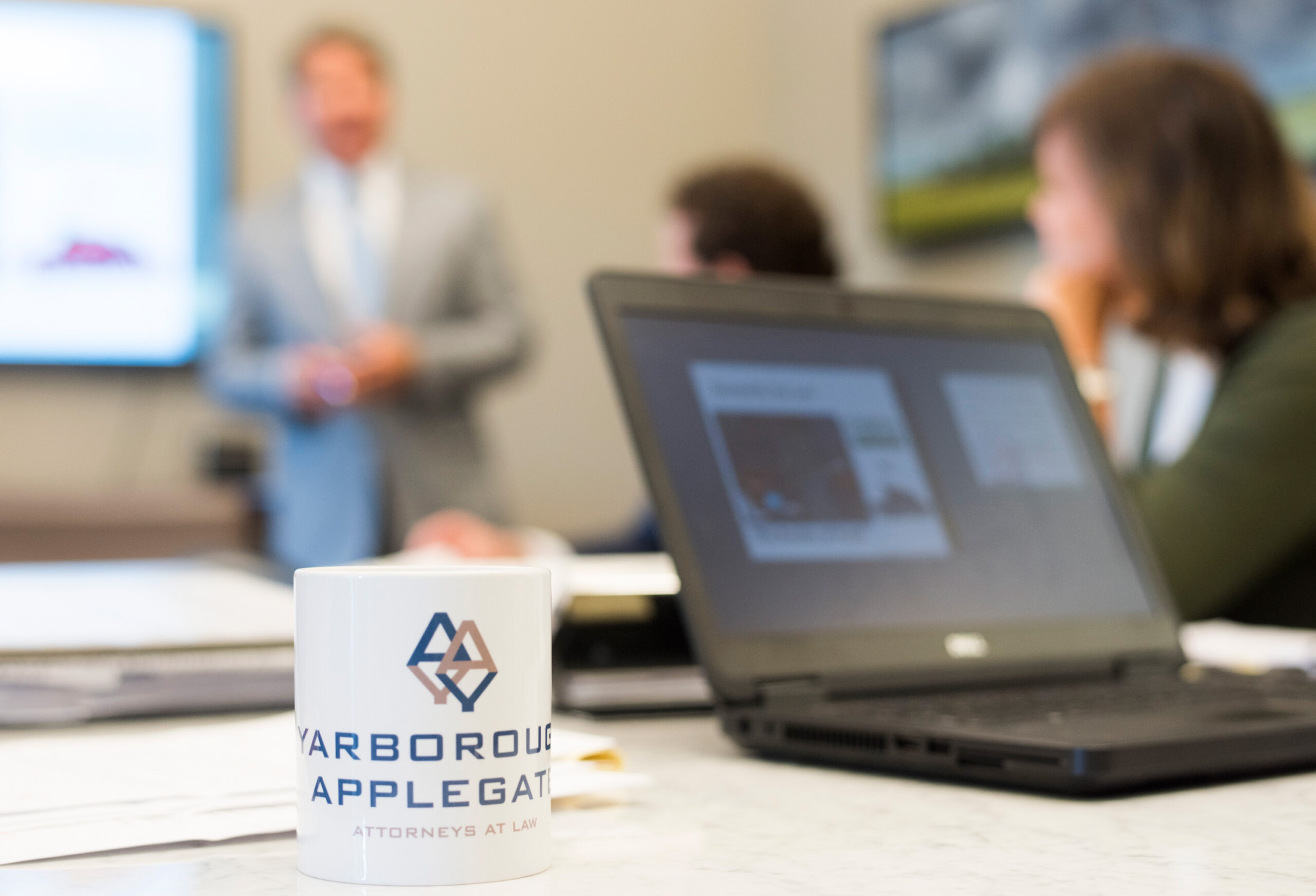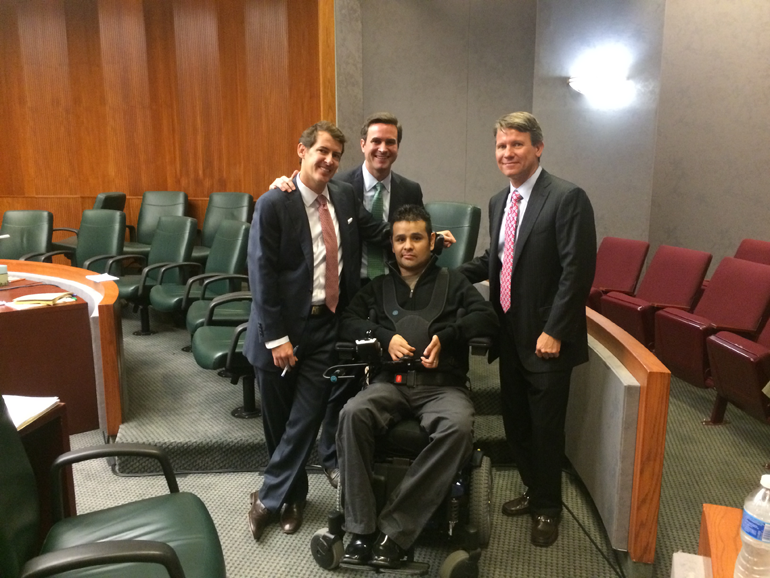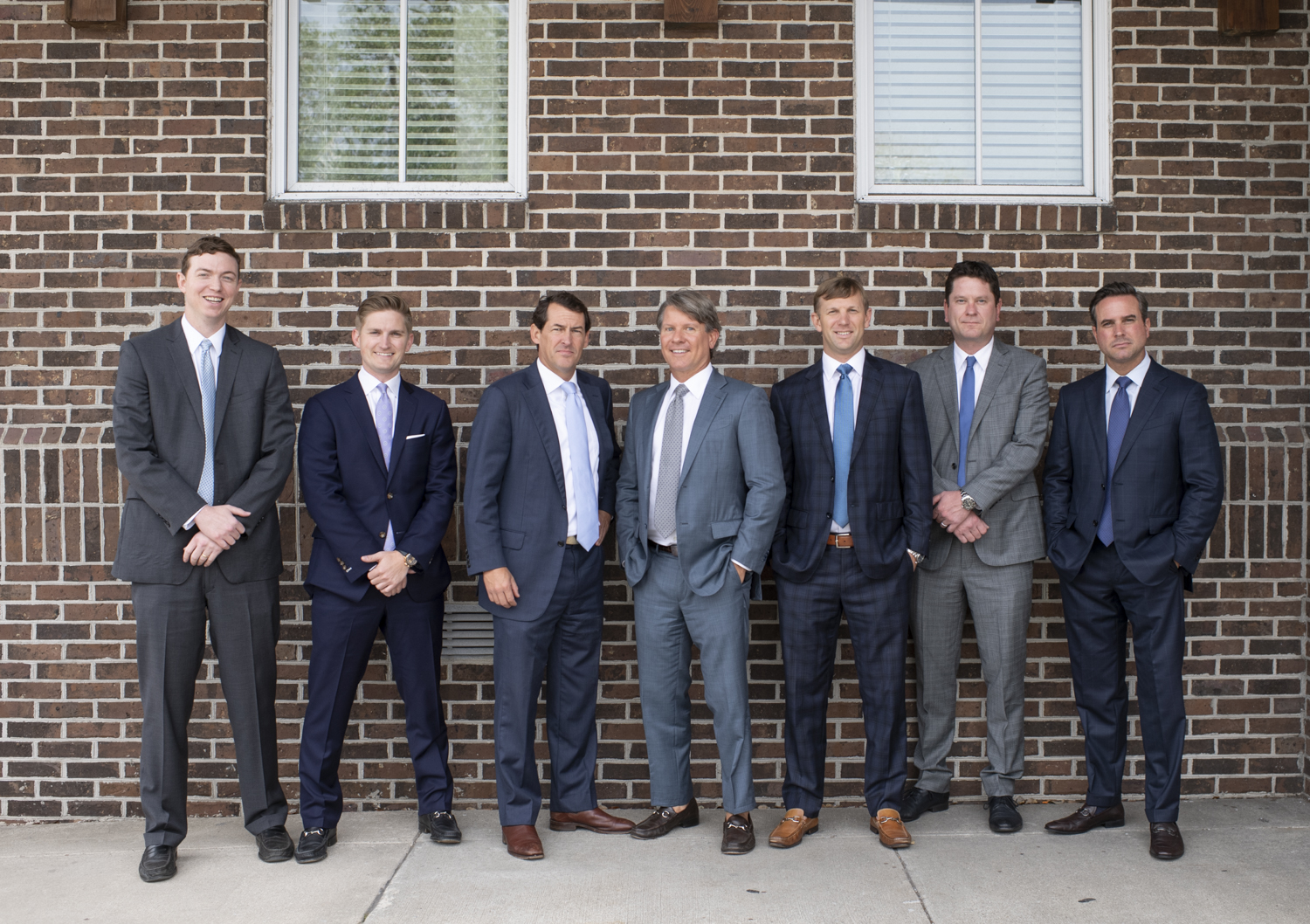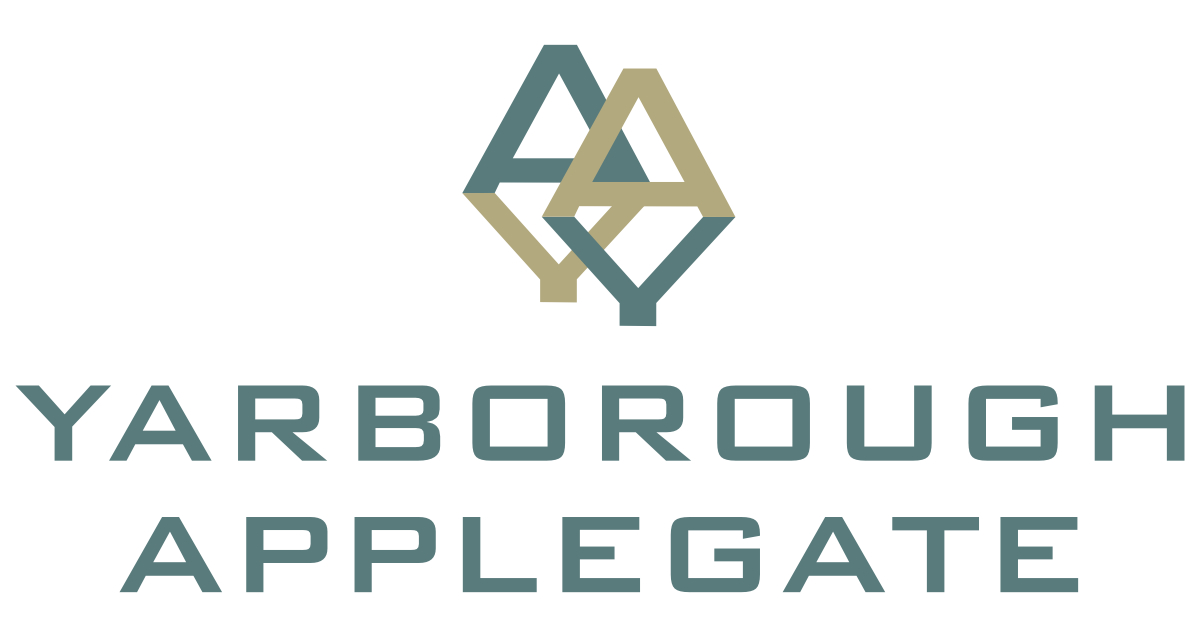Defective and dangerous products injure thousands of consumers annually. Fortunately, Yarborough Applegate’s product liability attorneys are well-versed in the laws that protect consumers from defective products. Our experienced team has represented consumers in a range of product liability cases, from automotive and tire defects to workplace equipment hazards to dangerous consumer products.
“Consumers have a right to expect that the products they purchase have been tested and are safe for their intended use,” says Reynolds Blankenship, a product liability lawyer in Charleston, South Carolina. “Unfortunately, manufacturers don’t always fulfill their legal duty to protect the public. And that’s where we can help.”
Generally speaking, defective product claims can be brought under three different legal theories: strict liability, negligence, and breach of warranty. Likewise, there are three main categories of defective products: manufacturing defects, design defects, and failure to warn. Think you may have a claim? Here’s a quick primer on product liability law.
- Manufacturing Defects
When a product is not made to specifications due to an error in the manufacturing process, it may contain a manufacturing defect. In other words, there is a flaw in an otherwise safe product. The flaw could have been caused by human error or machine malfunction.
Examples of manufacturing defects include using the wrong type of bolts or screws to assemble a product, leaving sharp edges when plastic is trimmed from a manufacturing mold, and improperly installing wiring or other electrical components. - Design Defects
In some cases, a product is defective because of an inherently unsafe design. In these cases, even when a company makes products to exact specifications, the product may be defective and unreasonably dangerous due to a bad design decision.
Examples of design defects include a top-heavy car that is prone to rollovers, tools or equipment that lack appropriate hand guards, a product designed for babies that contains small parts on which a child could easily choke, and a pesticide that contains a carcinogen as a main ingredient.
To prevail on a design defect case, a plaintiff must demonstrate that there was a safer alternative design that could have been used instead. - Failure to Warn
Product manufacturers have a legal obligation to clearly inform consumers of foreseeable risks. When the warning on a product does not adequately notify a user of hazards—say the warning is not placed at the point of use or it is missing altogether—the product could be considered defective. These are also known as marketing defects.
Examples of failure to warn include a medication’s side effects and the risk of electrocution when submerging an electronic device in water.
Negligence Claims
Negligence claims are often alleged together with strict liability claims. Under a negligence theory, the focus is on whether the manufacturer or supplier failed to act with “reasonable care” to ensure a product’s safety. This is different from a strict liability claim, where the focus is on the features of product itself, rather than the manufacturer’s conduct in producing the product.
To succeed under a negligence theory, an injured party must prove that the manufacturer owed a duty to make a safe product but that its conduct breached that duty and caused damages.
Breach of Warranty Claims
Product warranties are guarantees that apply to consumer products. They promise the product will perform a particular way or hold up to a certain standard. Breach of warranty claims refer to the failure of a seller to fulfill those standards. These claims are frequently included as part of product liability cases.
If you or a loved one has suffered an injury caused by a potentially defective product, it’s important you meet with a product liability lawyer—for your own sake and for those who will also use that defective product. Contact one of Yarborough Applegate’s experienced product liability attorneys today.







